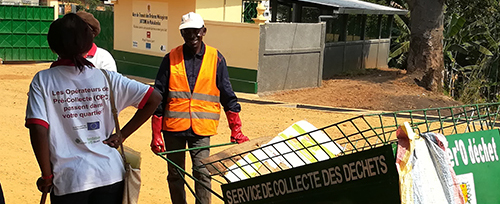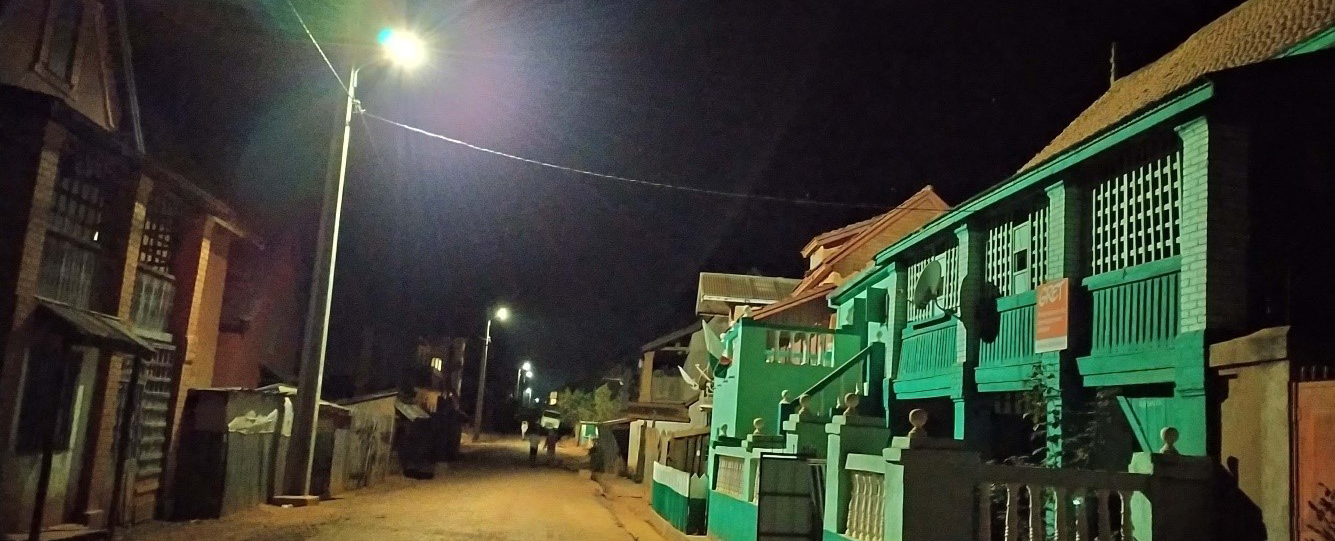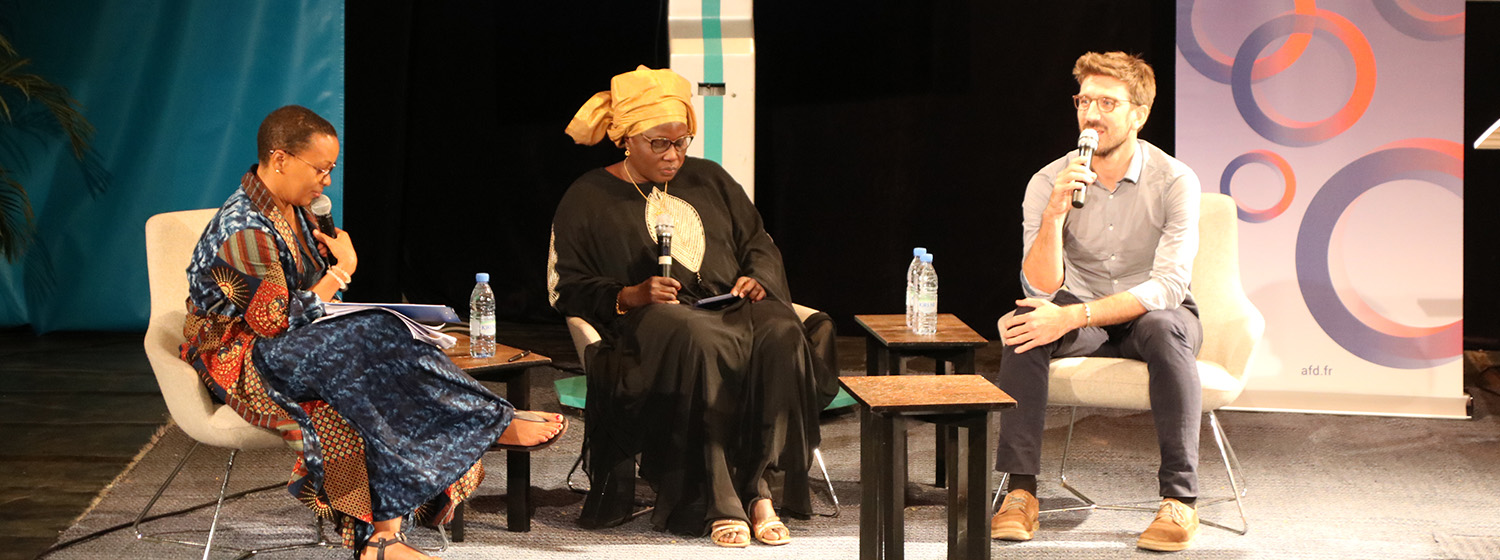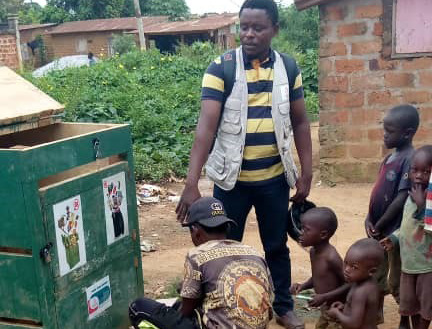Following the signature of a Programme agreement with Agence française de développement (AFD) in 2019, GRET began to consider a commons-based approach in a dozen of its projects. Throughout the year, we have been showcasing these projects, which focus on a variety of subject areas. We conclude this series with the N’toto na mavimpi project (land and health), in Congo.
Since 2012, GRET has been supporting the municipality of Dolisie, the third largest city in Congo, to implement concrete responses to wate management via the Promaiss and Gicod projects. This work enabled the implementation of a waste collection service, and a unit for organic waste composting and plastic waste recycling. At the end of these projects, the service was operational and managed by the Municipality. However, it seemed important to work on governance in order to ensure appropriation and sustainability of the service, and these are the objectives of the N’toto Na Mavimpi project, launched in 2019.
A participative diagnosis conducted with the various waste management stakeholders was the first step in the implementation of a commons-based approach. Several tools were used to conduct this participative diagnosis, such as discussion meetings, focus groups, individual and collective interviews and consultation meetings, which made it possible to refine the approach by identifying the intentions and opinions of each type of stakeholder. Each group focused on identification of strong points and weak points in the actions undertaken, and the information collected in the neighbourhoods was consolidated in order to clarify the roles and responsibilities of all involved for joint management of the service. Multi-stakeholder consultation meetings were then organised, to facilitate the collective learning process for stakeholders to determine the type of governance best suited to them.
In addition to these consultations in neighbourhoods, geolocation data was collected in order to produce a digital map of the city, a tool necessary to eradicate illegal dumps in the various neighbourhoods covered by the collection service. This tool makes it possible for collection operators to plan operations, have an idea of the number of small dumps on itineraries, and therefore to become better organised. The implementation of community-based cleaning operations in neighbourhoods, supported by pre-collection operators (PCOs) in collaboration with neighbourhood leaders and the population, made it possible to create a feeling of “shared cleanliness”, to “create a common” or to “act as a community” around the service.
Support of the various stakeholders in the chain is mainly coordinated around understanding of the roles played by each stakeholder and the complementarity of their actions for development and sustainability of the service. Hence the heightened awareness of stakeholders (Municipality, PCOs, civil society, the population, neighbourhood leaders, etc.), who undertook to firstly clarify the roles and responsibilities of all involved, and to implement two forums for dialogue in order to debate issues and collectively reflect in more detail on subjects related to the service. Implementation of evolutions decided during collective learning by stakeholders is the first stage in the construction of a more horizontal governance for management of the service.
Stakeholders in the common in Dolisie are currently learning about internal governance, which will need to be extended over time. The N’toto Na Mavimpi project will support this evolution and the efforts to make an inclusively, locally managed service sustainable.
When facilitating the collective learning process, the project team questioned the methodological paradox that can be perceived between the commons-based approach, which is more flexible, more open to creativity and research, and the logical framework approach that gives an impression of false comfort, conformism, almost established certainties, acquisition, already defined and/or predefined plans, which are counterproductive to innovation. In all modesty, we think that the challenge for the commons programme is to advance towards the unknown, leave the beaten track, imagine and explore new forms of development, new hopes for the future, which is looking increasingly complex and uncertain. The worldwide upheaval caused by the Covid-19 health crisis is an example. We believe this commons-based approach can open our eyes to avenues towards “virtuous uncertainty”.





